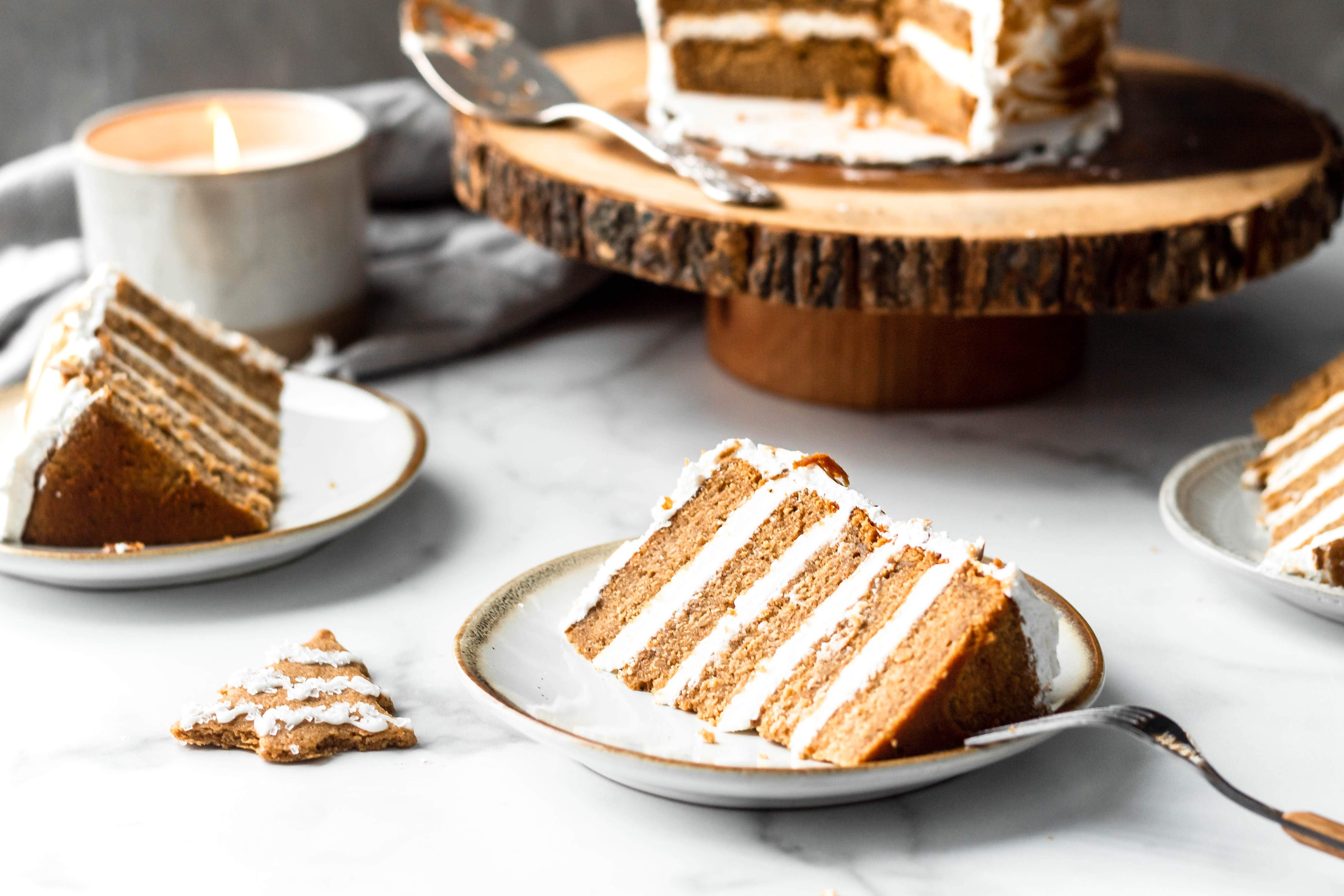
Categories: baking / faq / everyday baking
Weil suggests adding ultrafine Baker’s Sugar when the egg whites reach the thick foam stage (just before they form soft peaks). As a rule of thumb, it’s better to add sugar earlier rather than later and to underwhip rather than overwhip your whites. Overwhipped meringues will be dry and gritty looking; using an ultrafine Baker’s Sugar that blends quickly will keep you from overbeating.
Sweet Facts
- The more sugar in a meringue, the drier and stiffer the meringue will be.
- No one knows for sure when or where meringue was invented. According to some accounts, an Italian baker named Gasparini from the Swiss town of Meiringen gets the credit; others say a Polish chef was responsible, and that “meringue” comes from the Polish word “marzynka.” The earliest documented recipe (1604) comes from England. On one point everyone agrees: that the French perfected the recipe during the reign of Marie Antoinette.
- Use ultrafine Baker’s Sugar for meringues and other baked goods – it dissolves faster than regular granulated sugar.
- Use ultrafine Baker’s Sugar to help prevent “weeping” or sogginess. Meringues will weep if there’s any undissolved sugar.
- Don’t put granulated sugar in a food processor to achieve a finer grain. Pulverized sugar created in a food processor or grinder results in chopped-up sugar crystals that will not perform well.



